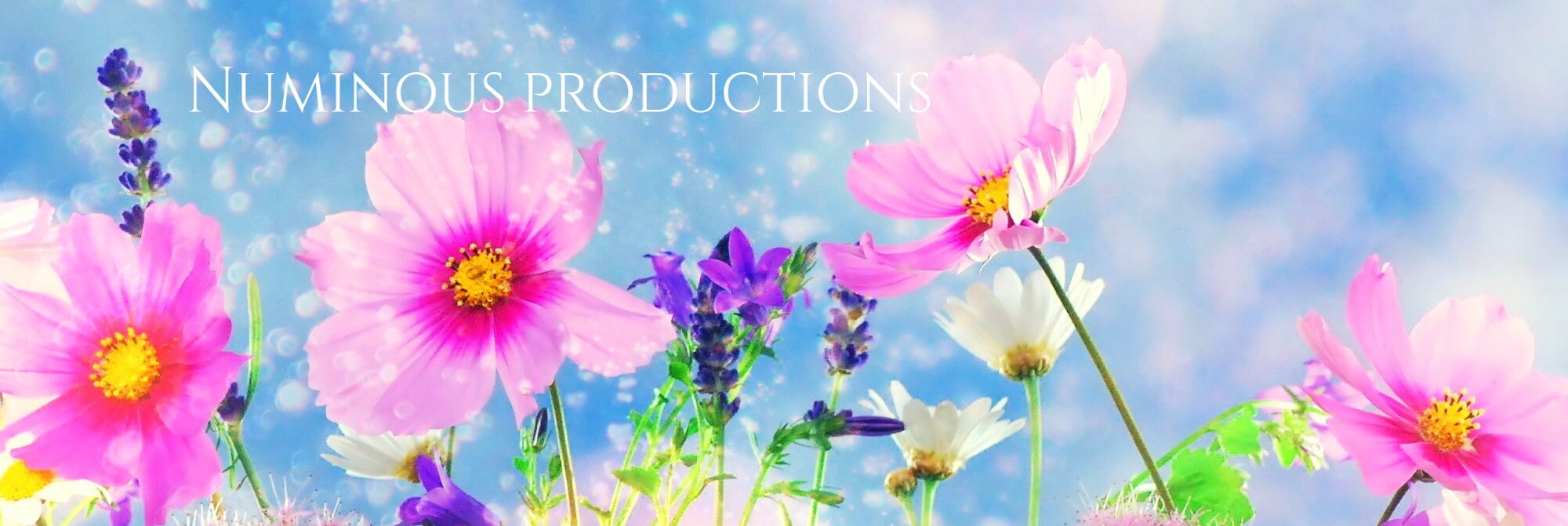If you’ve read my earlier social media posts, you’ll know I didn’t think too highly of Pinterest. Repinning seemed like nothing more than vanity marketing, raising people’s awareness of me. And hopefully they liked me. But it didn’t translate into clicks back to my website or increased book sales or reviews.
Then, just before Christmas 2015 I came across a post by Stephanie at thesepaperhearts that turned my whole outlook on Pinterest around. It’s worth the time to read it because there’s a lot of great information, but one idea stood out for me.
Pinterest isn’t just about curating pretty pictures. Pinterest is a search engine.
Researching Georgian era culture for a novel? You can find pins with information as much as visual inspiration.
But here’s the real game changer – with a search engine, relevancy isn’t dependent on immediacy.
Twitter and Instagram feeds are comprised of the most recent posts. Algorithms then rearrange posts to show you the most recent ones they think you’ll like. Then a day or less goes by, the post drops down and down and down in your feed and everyone moves onto the next post.
Hashtags give Instagram posts a bit more staying power. But searches still show the most recent posts at the top – choose a hashtag with over a million uses and someone would have to scroll down fairly far to find the image you posted last week.
Pinterest, however, ranks images based on relevancy (good key words in your description) and your quality as a pinner. Repins, good descriptions and pins that link to valuable, reliable content indicate to Pinterest that people will like your pins. So, when you’re a quality pinner, out of the hundreds of copies of an image, yours is the one more likely to show up as a suggestion in someone’s feed or closer to the top of search results.
When you remove the immediacy factor that most other social media outlets cling to, then something you pinned one month ago, two or six months ago can take on new life. It pops up in a search result. Gets repinned. Then again and maybe even again.
When I realized that pins had more staying power than tweets or instagram posts or facebook then it became the focus of my marketing for 2016. I took the advice in thesepaperhearts and a few other articles, revamped my boards, organized them, added keywords to both boards and pins, culled through pins to make sure they all went to valuable links and deleted some that… well just didn’t.
Part of the fun of a new Pinterest strategy is pinning blog posts I enjoy. I know I’ll be able to find them more easily than searching through tweets (though I do still tweet them). And with a good description I can help other people find the ideas in that post.
The catch is, you’ve got to give me an image to pin.
 You want to give readers every opportunity to share your content. Even if you’re not focused on Pinterest or interested in paying attention to it at all.
You want to give readers every opportunity to share your content. Even if you’re not focused on Pinterest or interested in paying attention to it at all.
When I revamped earlier this year, I didn’t just review my Pinterest boards. I created pinnable images for all my blogs posts, or most of them. There were a few I knew were just posts I wrote for myself that I didn’t expect to garner much response. I don’t need to pin them; I just like to have them there to read and remember occasionally.
But everything else got a pinnable image thanks to Canva. And I gradually pinned old posts with Tailwind so that I didn’t flood my feed with my own posts.
And now they’re pinned and searchable. Maybe they won’t get picked up and repinned or read often. Maybe they will. But the possibility that they could is enough for me right now.
Sure a link to a post could be retweeted or shared on other social media outlets. Someone might discover an old post and tweet it as if it’s new, giving the post new life. And, of course, I’ll continue to use multiple social media outlets. But the possibility of Pinterest – that anything could happen without the restriction of having to be new – is exciting to me.
I want to pin my posts and I want to pin your posts and I want to curate great content on my boards. I just need a good image to do it.

I love using pinterest, but I don’t really appreciate it as a search engine like I should. Reading Steph’s post, and yours was really helpful though. It’s a great point that pinterest values relevancy, and how helpful that can be, for people searching and for the people pinning. On my pinterest, it is surprising to see which pins of mine continue to be popular, and get seen!
The idea of Pinterest as a search engine was like revolutionary to me – I’d never thought of it like that either. I have like 4 or 5 pins that are popular and they’re not the ones I would have expected (well, except the one of Chris Hemsworth I pinned right before Huntsman Winters War came out)
🙂